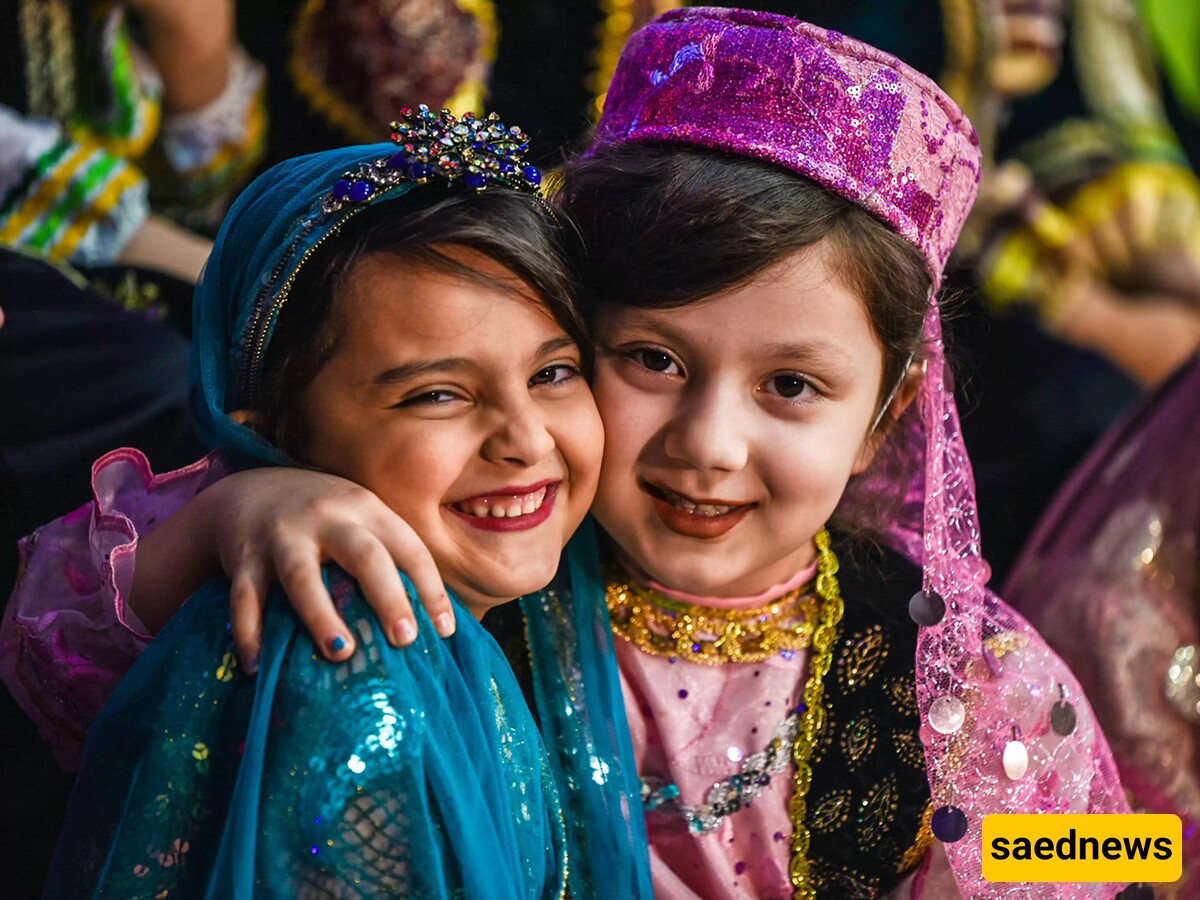SAEDNEWS: Iranian family values are changing, influenced by both traditional beliefs and modern trends. This blog investigates how these transitions affect family dynamics, including generational expectations and the role of education.

According to SAEDNEWS, Family has always been central to Iranian society, with respect for elders, deep relationships, and collective ideals guiding daily life. However, as Iran is exposed to increasing global influences and modernizing forces, these dynamics are gradually changing. Today, younger Iranians are changing traditional family roles while maintaining firmly held values. This blog looks at how these changes are manifesting in Iranian households, stressing the tension between respecting legacy and embracing individuality.
Traditional Iranian family arrangements frequently place a strong priority on collectivism, in which choices are made with the family's best interests in mind. Elders are respected and frequently consulted on critical issues ranging from professional choices to marriage. However, as more young Iranians pursue higher education and spend time on social media, they are exposed to new ideas and lifestyles that may conflict with conventional expectations.


Education, especially among women, has significantly contributed to this shift. More young women are now choosing to work and pursue their own goals, which can challenge traditional roles within the family. Social media has also opened up a world of perspectives, allowing Iranian youth to engage with people globally and bring these new influences into their lives. This exposure encourages a questioning of traditional norms, fostering a more individualistic mindset.
Urbanization has had a significant impact on family dynamics, as more families relocate to cities with faster-paced and more autonomous lifestyles. Families in cities may not live as close together, and the rush of urban life frequently inhibits extended family reunions that were historically prevalent in rural areas.

Iranian families walk a fine line between retaining their cultural heritage and adapting to modernity. This transformation illustrates Iranian society's endurance and adaptability, demonstrating that when customs change, the essential principles of respect, togetherness, and family remain intact.

